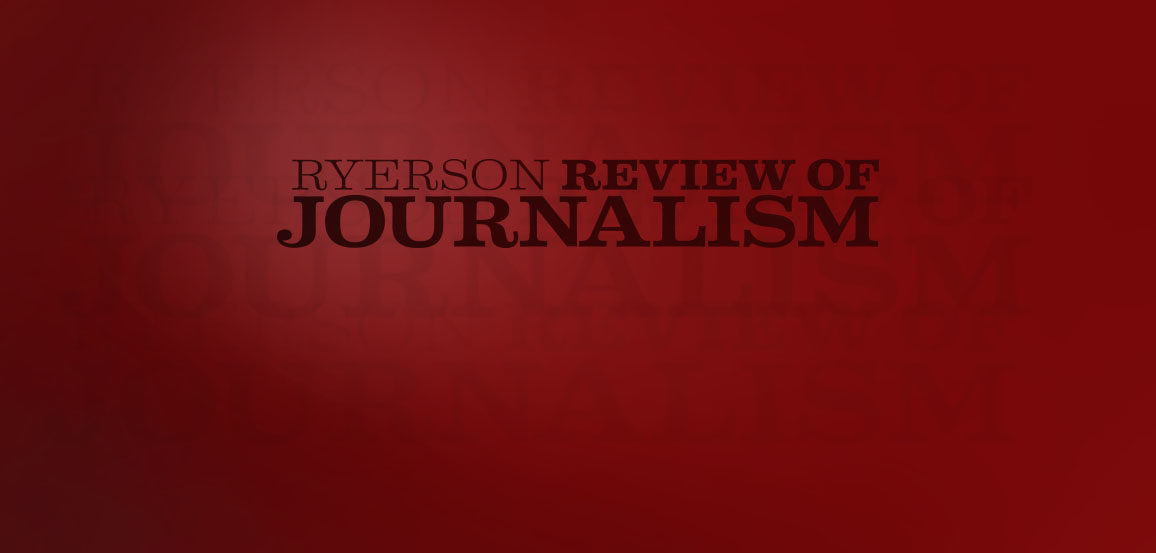On an August night in 2007, Luc Lavoie lounges in the shadows on the back patio behind a Montreal old boys’ club. The then-spokesperson for former prime minister Brian Mulroney cuts an ominous figure in the dark, his face half-illuminated by the glow of the club’s lights. He puffs on a cigarette in one hand and sips from a glass of wine in the other. Across from him sits Harvey Cashore, senior editor for CBC’s investigative program the fifth estate, and The Globe and Mail’s national reporter Greg McArthur. The two met while investigating the sprawling Airbus affair, in which German businessman Karlheinz Schreiber alleges that he gave Mulroney secret commissions stemming from Air Canada’s $1.8-billion purchase of thirty-four A320 Airbus Industrie passenger planes. Cashore is working on his sixth documentary about this story, which has become one of the most complex political scandals in Canadian history.
Cashore and Lavoie don’t get along—the journalist’s probing has irked many people with power, prestige and connections—so the mood alternates between tense and light-hearted. “Where is the money?” he and McArthur ask. “What did Mulroney do with it? Why did he take cash payments from Schreiber?”
“Canadians have a right to know why Mulroney took the money,” Cashore says.
“What makes you think you have a right to anything?”
They continue pushing for answers. But Lavoie, a tempestuous, outspoken charmer, skirts the hard questions, answers the easy ones tongue-in-cheek and rambles off-topic. He takes a drag on his cigarette and locks his eyes on Cashore. Returning the stare, Cashore again asks, “What happened with the money?”
“Ah, Aar-vey,” he drawls nonchalantly, “I wish this was another time, another place, back before the rule of law, and we would settle things in the alley.”
The complicated relationship between Cashore and Lavoie doesn’t bother the reporter, who has endured criticism, lawsuits and personal turmoil to get to the bottom of a story he’d never have guessed would go this deep.
Schreiber’s job was to sweeten international business deals on behalf of German companies—essentially acting as a high-priced middleman. Bavarian manufacturers such as Airbus, MBB and Thyssen Industries employed Schreiber to ensure they landed international contracts. Stationed in Canada, he circulated within the Progressive Conservative Party, befriending some Tories who would later end up in power. He first curried favour with the future prime minister in 1983 after paying to fly delegates into Winnipeg for a convention that would lead to Mulroney’s party leadership. In the following years, Schreiber made fast friends with other high-profile Tories, including Mulroney cabinet minister Elmer MacKay and Newfoundland premier Frank Moores. At the time of the purchase in 1988, German law permitted the use of schmiergelder (grease money) to lubricate bureaucratic cogs. But bribery is illegal in Canada and government contracts—including those involving then–crown corporation Air Canada—forbid the use of kickbacks. Still, Schreiber alleges that he gave Mulroney $300,000 in cash after he left office in 1993. The former prime minister says the cash totaled $225,000 and was for international lobbying, not Airbus.
The fact that Cashore’s stayed on Airbus for 13 years is unusual in a profession always eager to move onto the next story. It’s also a testament to his reputation as one of the finest investigative journalists in the country.
Once commonplace, investigative units dedicated to this costly, time-intensive reporting are now dwindling. But the public’s appetite for deeply researched stories such as Airbus remains and is perhaps even more voracious in these complex times. Any news organization that believes the press is a pillar of democracy ought to agree—but putting this principle into practice isn’t so simple.
To read the rest of this story, please see our ebook anthology: RRJ in Review: 30 Years of Watching the Watchdogs.
It can be purchased online here.
About the author
Canice Leung was the Editor for the Summer 2008 issue of the Ryerson Review of Journalism.

